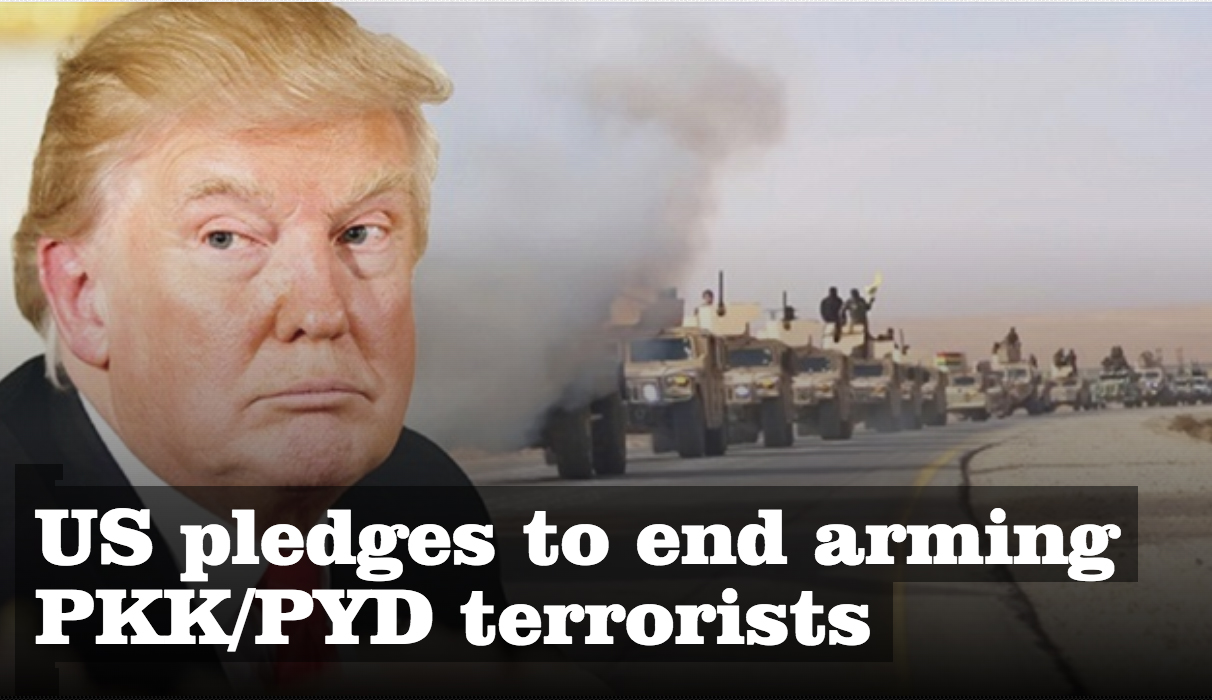ENGLISH
US pledges to end arming PKK/PYD terrorists
Trump promises Turkey the US will stop arming PKK/PYD terrorists after realizing that it will be excluded in the Middle East
The U.S. concept of “designing” countries with tools of terror, particularly Iraq and Syria, is collapsing. The United States continued its attempts to divide Iraq after the Gulf War in 1991 with its occupation of the country in 2003, and established its presence in Syria under the pretext of fighting Daesh.
The Pentagon/CIA, which aims to divide Iraq by the help of Peshmerga forces and the Kurdistan Workers’ Party (PKK) terrorist organization, has turned the southern Turkish borderline into a hotbed of terror and trained dozens of radical groups and tens of thousands of terrorists.
These activities, increasingly implemented during the terms of former U.S. presidents George Bush, Bill Clinton, George W. Bush and Barack Obama, did not stop after Donald Trump took office as president.
Pentagon’s most recent project, the establishment of a terror corridor along Turkey’s southern border, which was attempted to be established with the help of the Peshmerga/PKK terrorists, was foiled with interventions.
US’s ‘Riyadh’ move failed
The cooperation between Turkey, Russia and Iran established against the U.S. “division” tactic isolated the Trump administration.
The Turkish president, his Russian counterpart Vladimir Putin and Iran's Hassan Rouhani met in the Russian Black Sea resort on Wednesday for a summit and gave messages highlighting the need for a political solution and territorial integrity of Syria.
In an attempt to sabotage the concrete steps taken in Astana and Sochi to end the 7-year civil war in Syria, the U.S.’s “Riyadh” move was foiled. The Pentagon’s effort to “unify” the Syrian opposition in the capital of Saudi Arabia and take them under control backfired; 11 Syrian opposition members who were pressured to “sabotage the Astana process” resigned from their offices before the conference scheduled in Riyadh, including Riyad Hijab, the head of the Saudi-backed High Negotiations Committee (HNC).
US isolation
U.S. President Donald Trump, perceiving that he had no ally in the region except for the PKK/PYD and the Peshmerga, called Turkish President Recep Tayyip Erdoğan on Nov. 24, and confessed that their alliance with the PKK/PYD was a “mistake.”
The U.S., being isolated in the international arena and taking part in war crimes by allying with terror organizations in the region, promised to no longer provide weapons to the PKK/PYD. Regional sources interpreted Trump’s PYD confession and his promise to Ankara as the “collapse of the U.S. terror concept for its occupation steps.” In the case that Trump’s promise is implemented on the ground by Pentagon, the U.S. will be severing its alliance with the PKK/PYD terrorist organization.
The Democratic Union Party (PYD) and its military People’s Protection Units (YPG) wing are Syrian branches of the Kurdistan Worker’s Party (PKK), which has waged war against Turkey for more than 30 years.
Turkey has repeatedly objected to U.S. arms being sent to the PYD, due to its links to the terrorist organization the PKK.
Attempt to gain time
The U.S., stalling the Syrian opposition during the civil war that broke out in March 2011, has trained 30,000 PKK terrorists since September 2014.
Washington stalled Ankara with projects such as “train-equip” and "safe zones" while supporting PKK terrorists under the pretext of fighting Daesh.
Additionally, the U.S. is the architect of the terror corridor along Mosul, Tal Afar, Kirkuk, al-Hasakah, Raqqa, Deir ez-Zor, Aleppo, Hama, Daraa and Idlib, where 25 million civilians were uprooted.
Over 4,000 trucks of ammunition, hundreds of armored vehicles and weapons were sent to the PKK/PYD by the U.S.
Real plot targets further south
Experts say that the Pentagon aims to gain time to create a new line of regional conflict through Saudi Arabia, Egypt, the United Arab Emirates (UAE), Lebanon and Jordan. Washington takes every step to turn the ongoing proxy war in Yemen between Saudi Arabia and Iran into a "direct war", and is now giving the message that it has abandoned the PKK, in order to prevent Turkey’s further steps in northern Syria in the aftermath of the Euphrates Shield Operation.
Washington’s next steps are much-anticipated, as it has entered a difficult period after the U.S. plan to divide Iraq, Kurdistan Regional Government’s (KRG) illegitimate independence referendum failed and its relations with Daesh in Deir ez-Zor, Raqqa, Tal Afar and Mosul were uncovered. The United States is also going through a tough period due to the increasing pressures on the Trump administration as it protected the PYD in its attempts to rebrand themselves as a so-called independent group from the PKK in Qandil, which actually appoints the senior terrorists of the PYD.
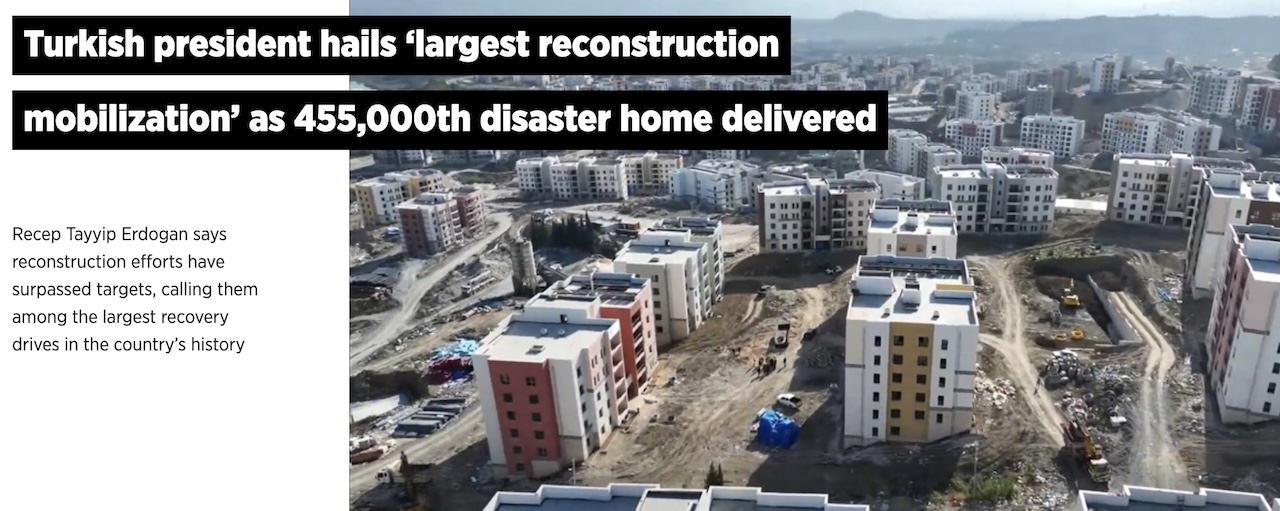
Türkiye delivered the 455,000th disaster housing unit to earthquake survivors
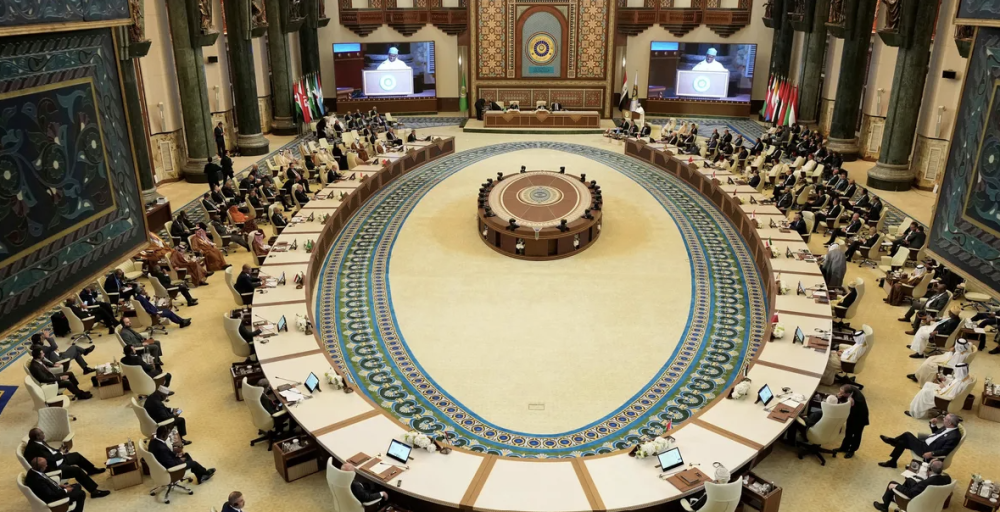
31 Arab, Muslim countries condemn Netanyahu's 'Greater Israel' goals

“Love in Scutari” Continues to Attract International Literary Attention
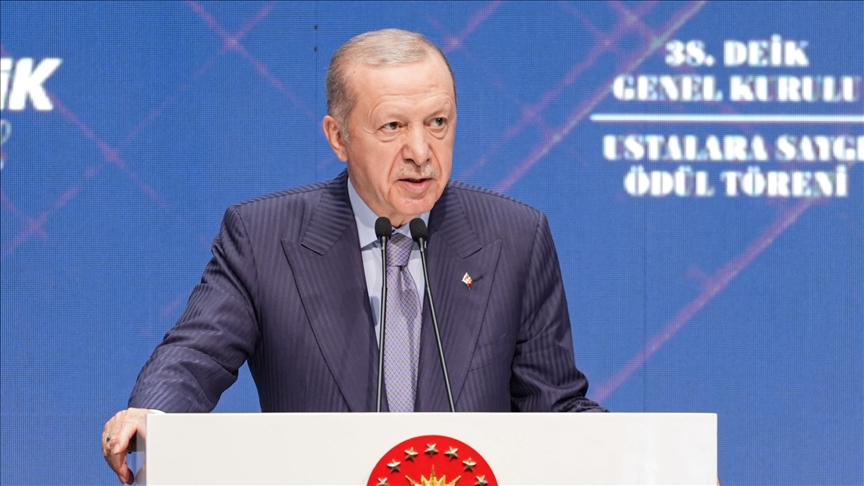
Geopolitical risks that began with Gaza genocide escalated by Israel’s regional attacks: Turkish president
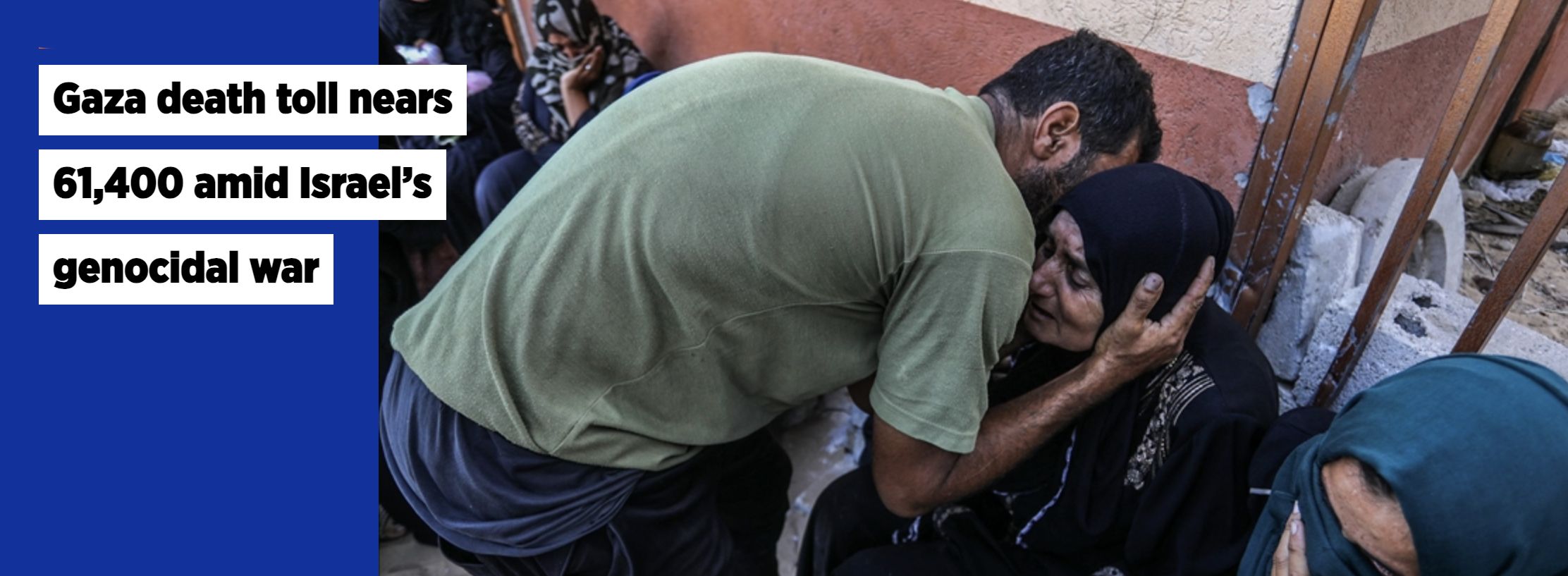
Gaza death toll nears 61,400 amid Israel’s genocidal war
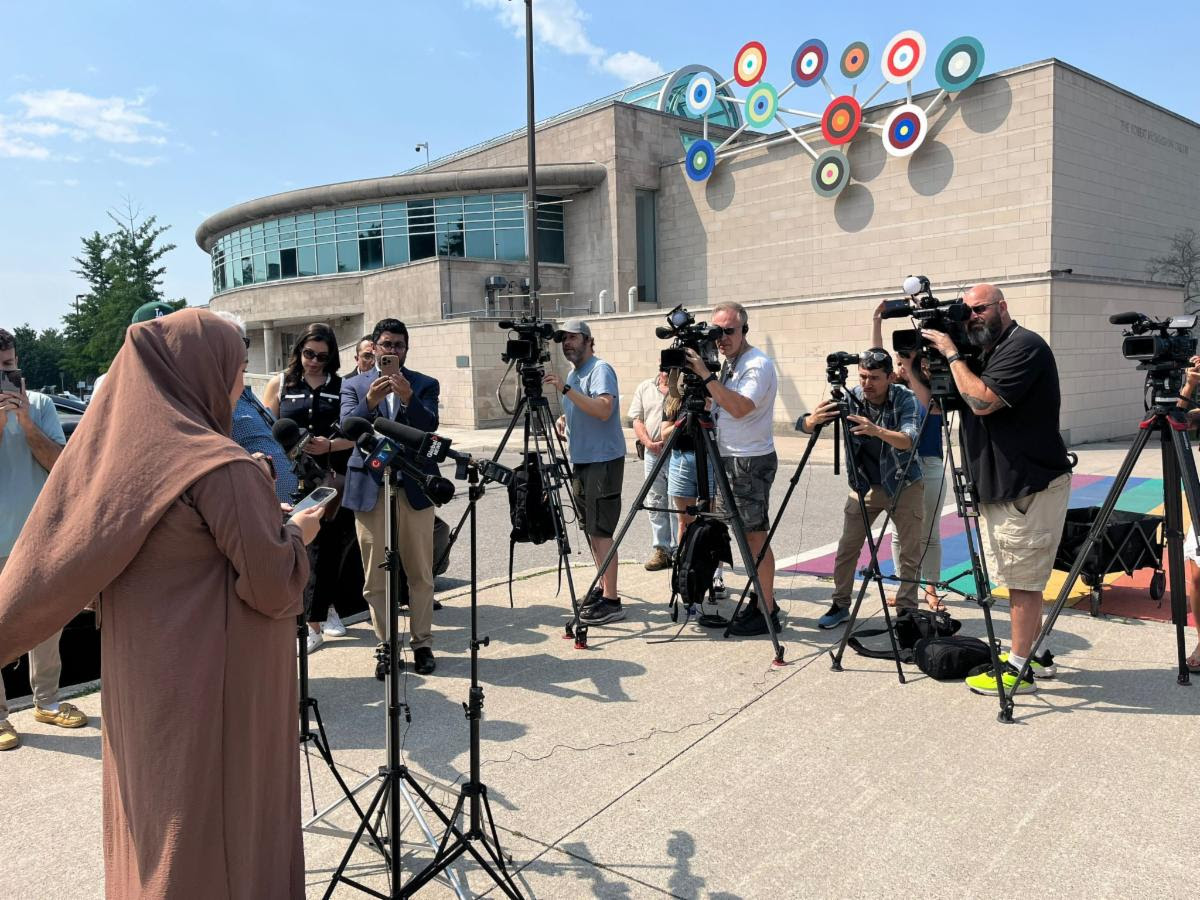
A Rise of Islamophobia in Canada

Turkish Technology Professionals from Around the World Meet on the TurkTechDiaspora Platform

Gaza death toll nears 53,300 as Israel continues its genocidal war
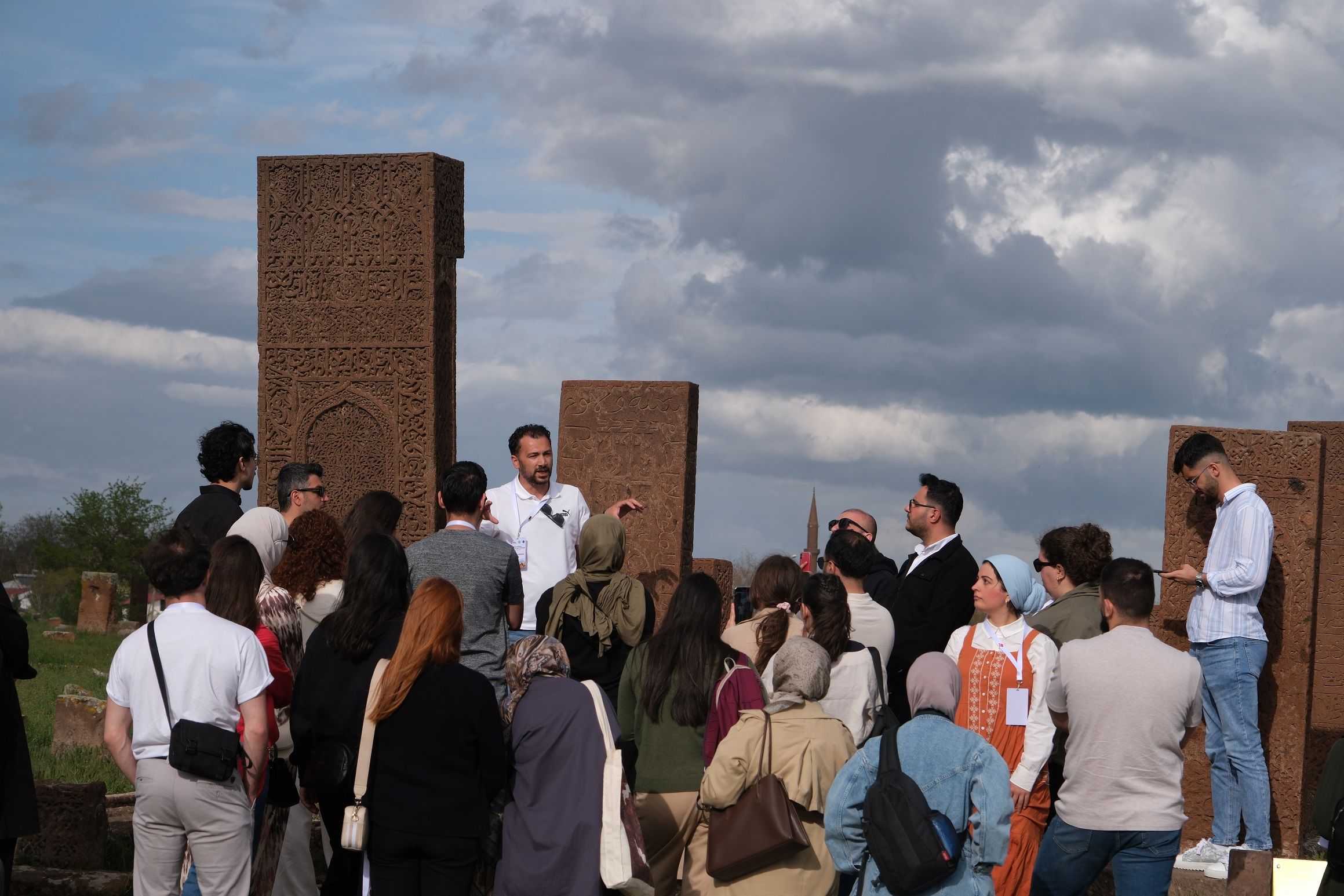
YTB sheds light on the Armenian issue in the shadow of historical sites

Police warn of 'distraction thefts' targeting Muslim community
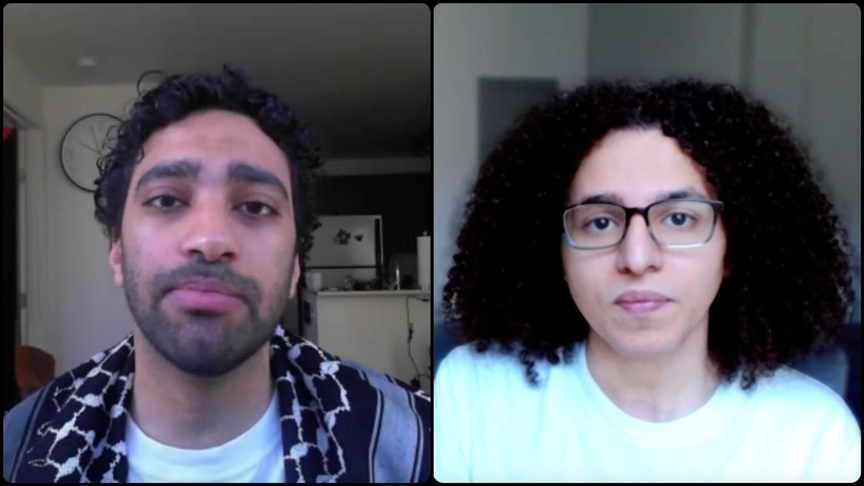
Fired Microsoft employees accuse company of enabling Israel’s attacks on Gaza
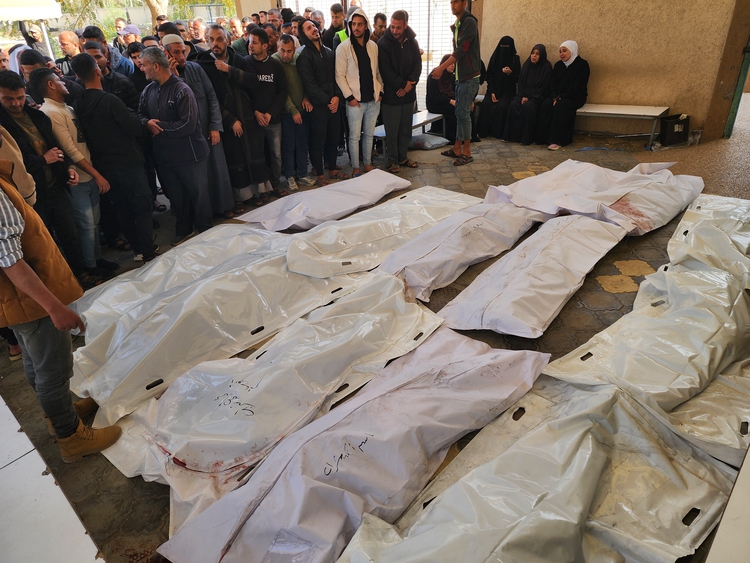
Gaza death toll tops 51,100 as Israeli army kills 92 more Palestinians
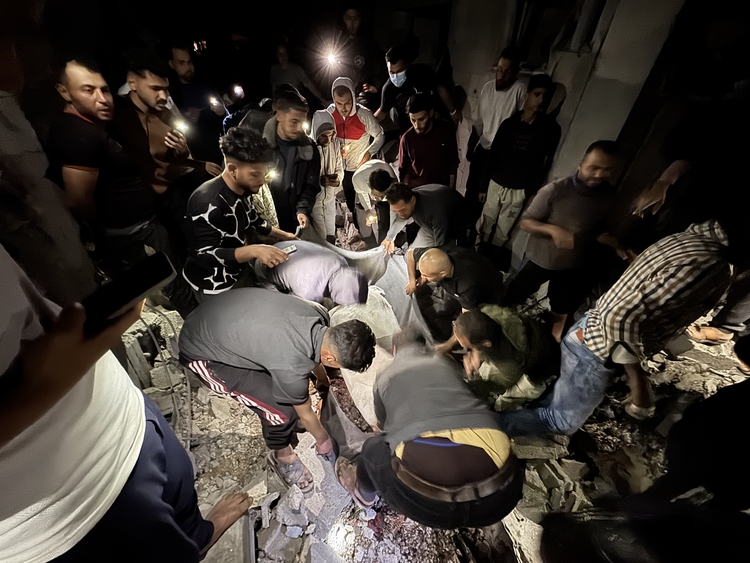
Gaza death toll passes 50,500 mark amid ceaseless Israeli attacks
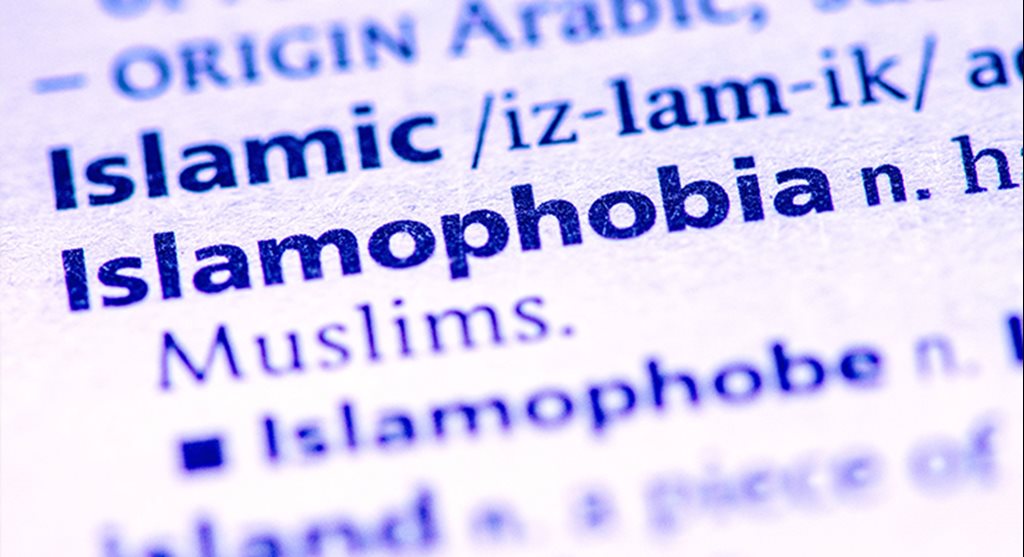
Islamophobia and anti-Palestinian racism in Canada higher than after 9/11, warns expert


